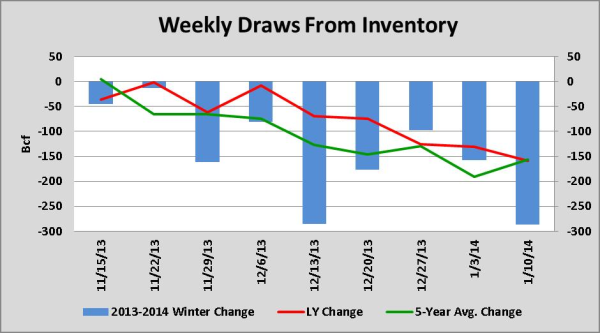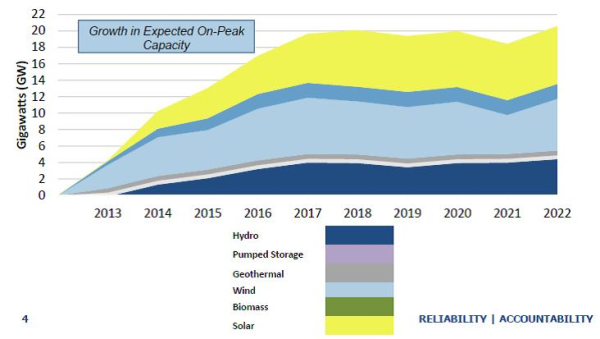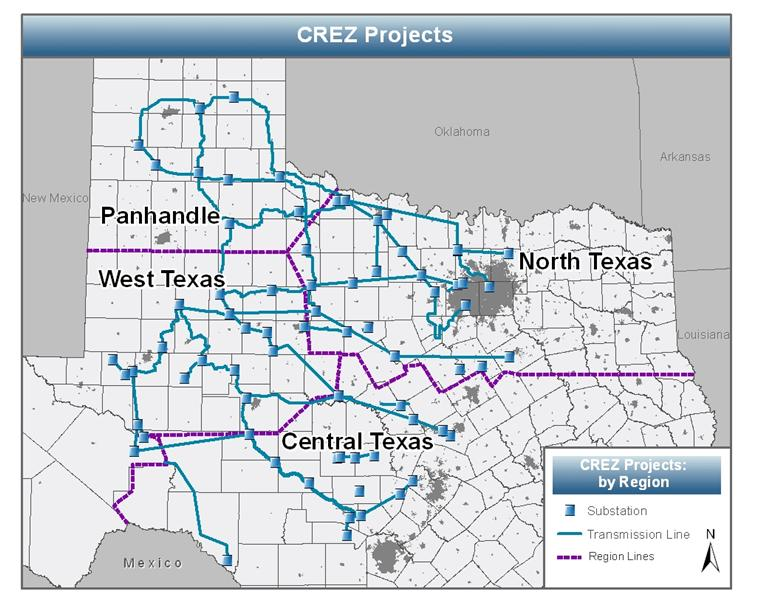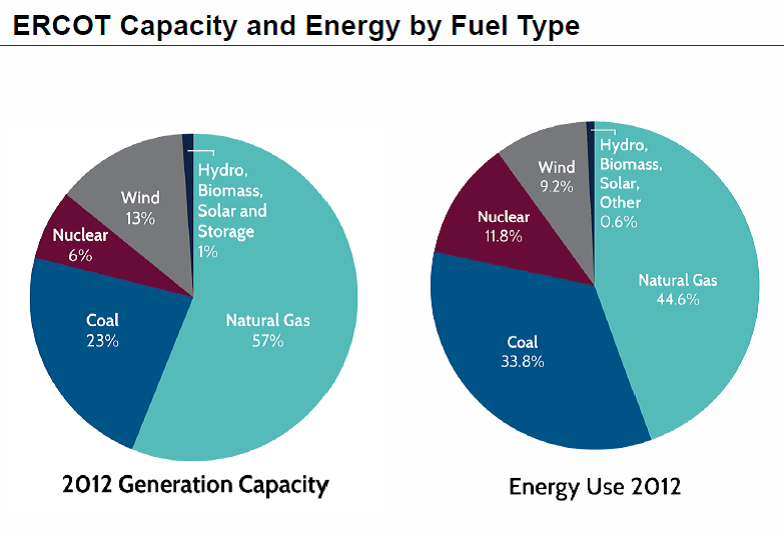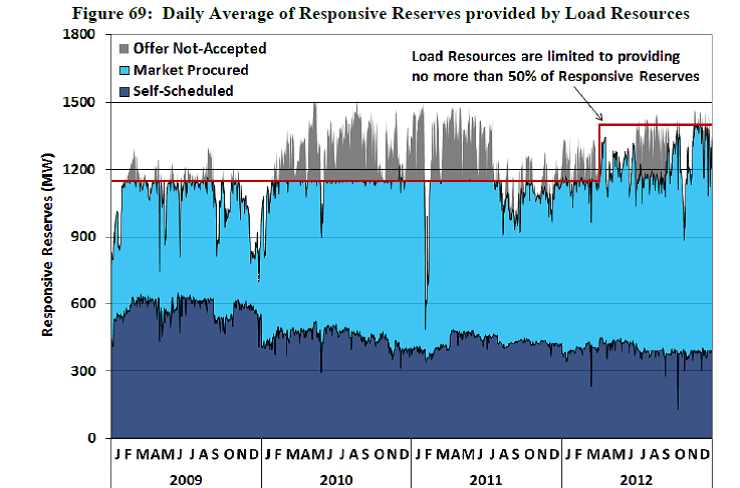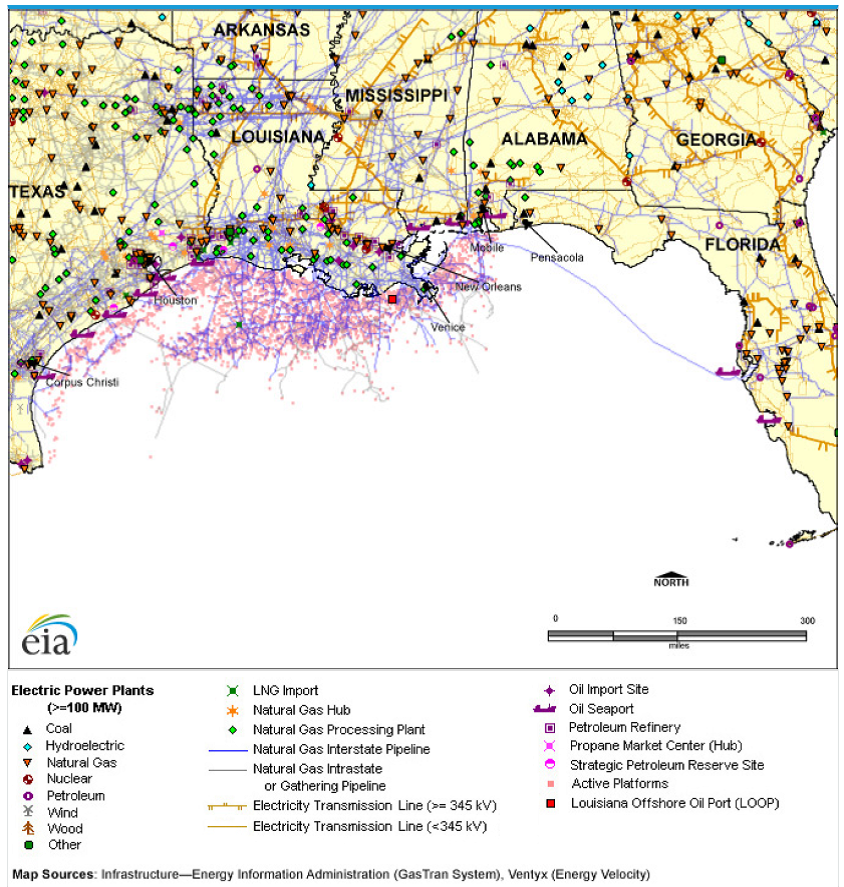So far, the 2013-2014 winter has been exceptionally cold across the eastern half of the U.S. Arctic outbreaks and the bitter cold winds from the Polar Vortex have spilled across major natural gas consuming regions. Massive draws from inventory have been needed to meet surging demand for heating from the residential, commercial and electric power sectors. This season has been characterized by withdrawals that have been much larger than average.
Natural Gas Market Supplies Tighten On Higher Than Normal Draws- Are You Protected Against Price Spikes?
Posted by Jennifer Chang on Jan 21, 2014 10:18:00 AM
Topics: Heating Season\, Polar Vortex, energy risk management, energy sourcing, Acclaim Energy Advisors, energy management consulting, risk management, energy, energy procurement, demand response, energy regulations, energy reliability, energy costs, power generation, Weekly Energy Insights, natural gas, energy management, energy management consultants, energy price spikes, Price Spike, energy blog, Natural Gas Supply, energy supply, U.S. energy, capacity markets, refueling season
A great deal has been made out of the need to shift away from coal fired power plants and toward renewable energy sources, such as wind and solar in the U.S. While this is certainly a laudable goal, the full impact of a move to renewable power generation has consequences beyond simply reducing emissions and finding alternative power sources. Specifically, determining how to effectively integrate these new power sources, particularly wind and solar, which are highly variable and can go from zero to full production almost instantaneously, pose significant challenges for grid operators.
Topics: system operators, coal, energy risk management, energy sourcing, Acclaim Energy Advisors, risk management, energy, energy procurement, demand response, energy regulations, energy reliability, energy savings, energy costs, power generation, Weekly Energy Insights, natural gas, economic demand response, energy management consultants, strategic energy sourcing, energy price spikes, renewable energy, energy supply, U.S. energy, load generators
The Negawatts Evolution: The Maturation of Demand Response
Posted by Jennifer Chang on Dec 9, 2013 12:06:00 PM
Several decades ago the term “negawatt” gained notoriety; however, as deregulated markets have developed and with the rise of Demand Response (DR) programs, the concept of reducing energy spend through the deployment of more energy efficient technologies has evolved into something larger. The negawatt concept has expanded from its foundation with the growth in utility and Independent System Operator (ISO) DR programs. Another important, and more recent, development has been the growth of economic price response, which is the ability to add capacity to the grid or shed load when real-time market conditions create financial incentives. The combination of flexible distributed generation, access to real-time price data, and ”structural incentives” in deregulated markets have enabled end-users to profit from these programs andactivities. In ERCOT for example, these incentives include price scarcity mechanisms (Operating Reserve Demand Curve) and system-wide offer caps that will increase to $9,000/MWh on June 1, 2015. Aside from generating revenues for end-users, these measures will contribute to improve balance between supply and demand, and support overall grid reliability.
Topics: Negawatt, ERCOT, energy risk management, Acclaim Energy Advisors, energy management consulting, energy, Energy Solutions, energy procurement, demand response, energy regulations, energy savings, energy costs, Weekly Energy Insights, energy management, dynamic load optimization 365, DLO 365, curtailment
Demand Response Is Booming: Are You Leaving Money On The Table?
Posted by Dennis Vegas on Sep 11, 2013 7:05:00 AM
Too often, energy risk management professionals focus on one side of the energy equation, specifically the supply contract. While this is certainly a critical piece of any procurement or strategic energy sourcing approach, it can lead to real value being left on the table for the end user through too much focus on the supply side. A thorough energy risk management strategy will account for the possibility of generating additional revenues through participation in various demand response programs. Of course, the value of those demand response programs will vary based on the type of consumer, their ability to curtail usage, availability of back-up generation and which of the various demand response programs they choose or are able to participate in . With these factors in mind, it is important to evaluate the options for demand response based on each customer’s unique profile.
Basics of Demand Response
Topics: ERCOT, energy risk management, demand response, energy reliability, PJM
Texas PUCT: Will Power Market Structure Shift With New Appointee?
Posted by Dennis Vegas on Sep 9, 2013 7:05:00 AM
On August 21, Governor Rick Perry appointed Brandy Marty to the third seat on the Texas Public Utility Commission that was vacated for six months ago. Ms. Marty, who is an
attorney, has held several positions on Governor Perry’s staff, including chief of staff, deputy chief of staff, and director of Budget, Planning and Policy, among others.
Topics: ERCOT, energy sourcing, demand response, energy reliability, CREZ
Is ERCOT In Trouble? Will Demand Response Improve Reliability
Posted by Dennis Vegas on Aug 1, 2013 3:45:00 PM
At the Texas Public Power Association conference on July 24th, Trip Doggett, the CEO of the Electric Reliability Council of Texas (ERCOT) provided a tremendous amount of information and insight in to the state of the Texas wholesale power market. Some of the key areas he covered included:
Topics: ERCOT, energy risk management, energy management consulting, demand response, energy reliability
Will Texas Energy Reliability Problems Hurt E&P Growth
Posted by Dennis Vegas on Jul 25, 2013 1:00:00 PM
Shale gas exploration and production has been a boom to the energy sector. Suddenly, the U.S. is awash in ample supplies of natural gas and oil. The explosion in energy resources available from shale deposits in the continental U.S. has led the Energy Information Administration to opine that the U.S. could be completely energy self-sufficient in the next 20 years. However, this unexpected expansion of oil and gas exploration and production has stressed the electric transmission systems, especially in areas of West Texas, where the available transmission capacity has not been able to keep up with demand. Electricity usage in West Texas has risen more than 20% since 2009. Therefore, congestion costs increased dramatically. From 2011 to 2012, congestion charges increased ~390% on average.
Topics: ERCOT, energy risk management, demand response, energy reliability
ERCOT Resource Adequacy Driving Energy Risk Management Strategies
Posted by Dennis Vegas on Jul 10, 2013 7:00:00 AM
Every year, Potomac Economics, publishes Independent Market Monitoring (IMM) reports for multiple electricity wholesale markets. The annual reports provide a competitive assessment of such markets. Over the past several years, the IMM has consistently found that the ERCOT markets are generally competitive and functioning well, although the IMM has always suggested market enhancements. In the 2012 State of the Market Report, there was significant emphasis in discussing one of the largest challenges facing the ERCOT market—future resource adequacy. While resource adequacy presents a challenge to ERCOT as the grid operator, it provides opportunities for end users to participate in Demand Response programs as part of a comprehensive risk management strategy.
Topics: ERCOT, energy risk management, demand response, energy reliability
According to the National Oceanic and Atmosphere Administration (NOAA), the 2013 Hurricane Season is predicted to be more active than normal. In its forecast released on May 23rd, NOAA anticipates 13-20 named storms, with 7-11 of those becoming hurricanes and 3 to 6 of those being Category 3 or higher hurricanes. The averages call for only 12 named storms, 6 hurricanes and only 3 of those becoming major storms. Given this outlook, the question becomes how will this impact natural gas prices?
Topics: energy risk management, energy procurement, weather outlook, reliable energy, demand response
ERCOT Summer 2013 Projections Causing Reliability and Energy Risk Management Issues
Posted by Dennis Vegas on May 3, 2013 5:45:00 PM
As we head into this summer, concerns about resource adequacy (tight operating reserves) continue to plague the ERCOT market. From an energy risk management perspective, end users exposed to Real-Time (RT) or Day-Ahead (DA) prices, should consider locking a Heat Rate Product or a Fixed Price product. Even though heat rates rallied after this release, we recommend end users to be hedged at a minimum in July and August to avoid exposures with either of these products. The reward of not being hedged during these months is not worth the risk.
Topics: energy risk management, demand response, energy reliability


